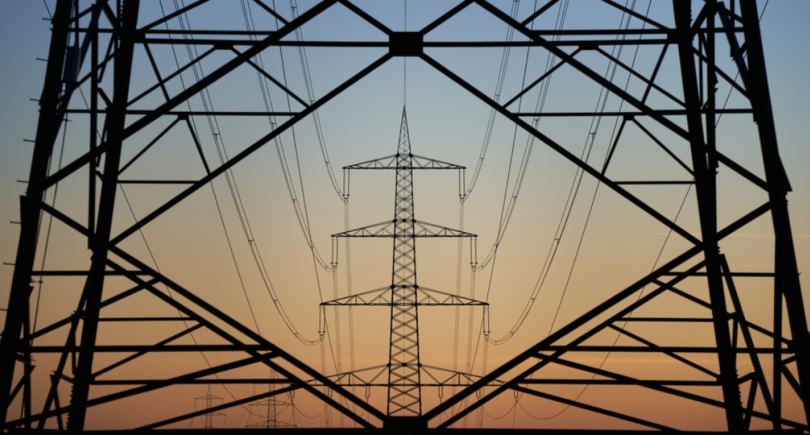
News Infrastructure EBA 854 25 October 2024
According to a study by a business association, 8 out of 10 companies felt the impact of power outages
Ukrainian businesses are investing in building their own energy independence. This is stated in a study by the European Business Association (EBA).
According to the EBA survey, power outages affected the operations of 87% of companies in Ukraine. 67% of companies had to suspend operations, 60% saw an increase in production costs, and 48% had to change their work schedules.
At the same time, 36% of companies had to reduce production or services, 11% had to cancel contracts, and 3% had to stop operations entirely.
At the same time, 60% of companies do not currently import electricity from the EU and have no plans to do so. This option is used by 18%, and another 5% plan to use it. In addition, 17% of respondents lack information on the possibility of commercial imports.
Since 2022, 85% of Ukrainian businesses have invested in building energy independence, 30% of them more than $200 thousand.
Currently, 66% of companies surveyed by the EBA have their own generation or alternative energy sources. Autonomous energy sources currently cover up to half of the needs of 66% of companies, and more than half of the needs of 34%. In particular, 24% of companies have solar generation, 19% have energy storage, 17% have new grids and infrastructure, 11% have distributed gas generation, and 2% have biogas or biomethane plants.
Only 17% attracted external financing for the development of energy infrastructure. Almost half of the companies (43%) did not have such a need. At the same time, 23% said that funding was not available (long procedures or high requirements), and 20% lacked information about available programs.
The main obstacles to the implementation of energy infrastructure restoration and development projects in Ukraine include military operations and investment risks. At the same time, businesses report bureaucracy in the electricity market, non-transparent procedures, lack of funding, corruption risks, and lack of predictability.
Most companies do not expect significant changes in their operations during winter. Thus, 82% plan to operate as usual. A reduction in operating activities is predicted by 13% of respondents, while 20% expect losses. At the same time, some companies even expect an increase in activity (2%) and profitability (4%).
On average, businesses rate their own readiness for winter at 3.84 points out of five, and government support in this context at 2 points out of five.
According to the survey participants, the situation in the energy sector could be improved by better incentives for the development of renewable energy and distributed generation, protection of investments, investors and innovative solutions, and implementation of market mechanisms.
As GMK Center reported earlier, in September, Ukraine reduced electricity imports by 7% compared to the previous month to 437 million kWh. The largest volumes came from Hungary, followed by Slovakia and Poland.




